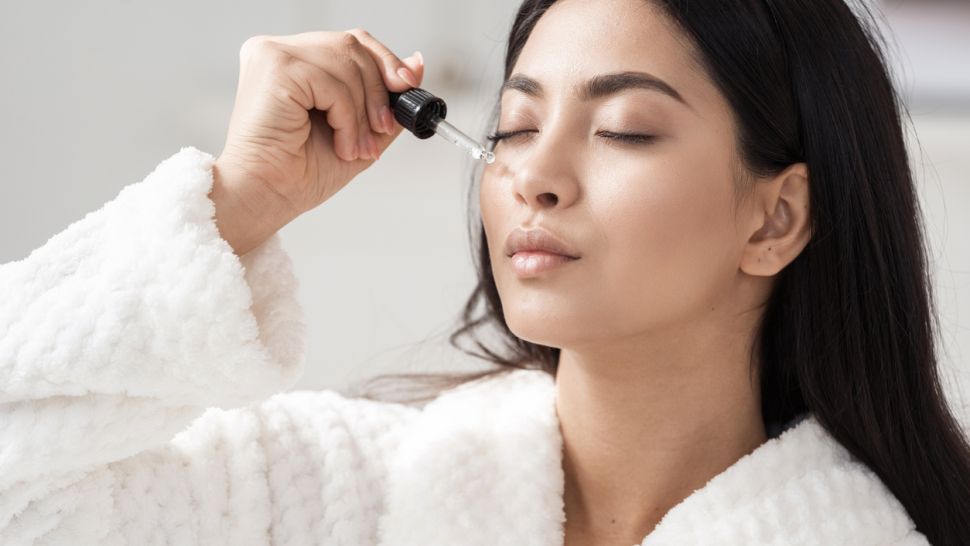Hyaluronic acid is a valuable ingredient in skin care. It contributes to maintaining good hydration of the skin, as it provides filling of the spaces between the cells and thus serves as a building block in the structure of the skin. In addition, hyaluronic acid is able to protect the skin from the action of external aggressive factors and ensure the healing of wounds. That is why it is a key ingredient in creams that are used to heal wounds.
Hyaluronic acid is a valuable element in the synthesis of collagen, which is responsible for the tone and elasticity of the skin. It helps to reduce the production of enzymes called metalloproteinases that break it down. Hyaluronic acid is an excellent skin rejuvenator, which is why it is used as a building ingredient in many anti-wrinkle formulas – cosmetics, day creams, serums, and even eye care.
This valuable molecule exists in two forms that differ in both the way they penetrate the skin and the effects they have on it. One has a high molecular mass – it does not penetrate deep into the skin but retains hydration on the surface, has a nourishing effect, and improves elasticity. It is important to take care of wrinkles in their early appearance in order to preserve the youth and radiance of the skin for a longer time. Low-molecular hyaluronic acid penetrates deep into the layers of the epidermis, nourishes, and hydrates effectively, thereby counteracting the aging process. Some cosmetic products contain both types of hyaluronic acid to ensure a higher application efficiency.
Although creams and serums penetrate the surface layers of the skin, they cannot reach the dermis to deeply nourish it. Therefore, as part of skincare, it is important to take hyaluronic acid supplements. In this way, the natural loss of this acid from the body is counteracted and the signs of aging are reduced.
